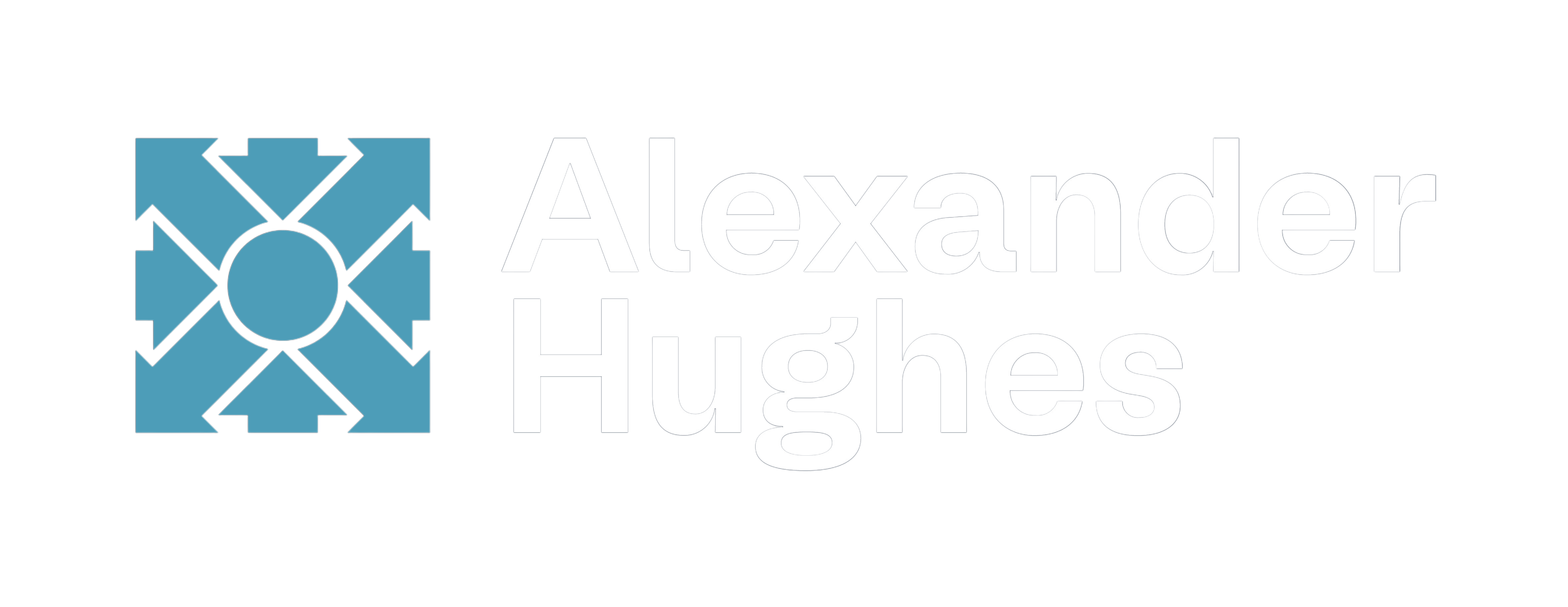Recruiters hear it all the time … in fact, I often smile when I hear candidates expressing how unhappy they are with their current employment situation, because it means I’m speaking to someone who is motivated to move on. These candidates often make statements such as the following:
“I was told that the my role would be to head up a team and instead I’m spending most of my day putting together PowerPoint presentations and …… “
“I was advised that the VP was going to retire and then …… “
“Unexpectedly, the owner brought in his son as …… “
“They told me that the company was financially solid and I later discovered …… “
“If only I had looked deeply into the organization three years ago, before I joined, I wouldn’t have …… “
Contrast this with:
“This has been one my best work experiences. We have a great team; we moved right past our competition, I learn constantly at …… !”
Why the difference? Sure, there are lots of factors in play. However, it’s possible that we, speaking for all those statements above, didn’t do enough homework at the time we joined the firm. As we look forward to new opportunities, what can we do to help in finding that comfortable place of meaning, fulfillment and contribution?
What we really need to know is what actually goes on in an organization – the real scoop, not the public posture.
How do we find this out? We can start by looking at how the organization presents itself, for example, on their website, annual report, marketing materials, or other publications. (However, while this may give some clues it still can be misleading. For example, while many organizations claim to value employees few seem to really deliver.) Another effective approach is to apply the principles of behavioral interviewing to probe the organization. This is based on the understanding that the best predictor of future performance is past behavior, (which is how good interviewers should be looking at us). Here’s how it can work when probing for organizational values.
We take our key personal values developed through life experiences and probe for examples in the organization of “fit or disconnect”. We can use some “values categories” to frame the culture within an organization, such as: leadership style, organizational flexibility, and workforce relationships, for example. We can then create more specific aspects within each of the categories and create questions to probe for related behaviors.
Leadership style
- How decisions are made
- How information is shared – openly or on a need-to-know basis
- Whether the goals of the organization are reasonable
- How recognition is practiced
- Whether the organization is more formal or informal
- The amount of time spent in internal meetings in an average week
- The relationships with customers?
Organizational flexibility
- How easy is it to move within the organization
- How the organization supports family obligations
- How open is the organization to change
Workforce relationships
- How people relate to each other – cooperatively, competitively, or collaboratively
- How people relax and have fun
- How individual development is valued
- How other family members are involved in management roles
We should, while reviewing how our capabilities and accomplishments might meet the needs of the organization, also develop questions to probe for the organization’s values in the areas that are particularly important to us.
These questions, as an example, could probe for examples of decision-making processes, information sharing, degree of informality, support for individual development, receptivity to new ideas and time flexibility. As a result the interview enables both us and the interviewer to gain a clearer understanding of each other.
Instead of suffering the despair of a poor fit, we can move closer to expressing our full potential within an organization that values and appreciates our contribution.
Doug Seville is Co-Founder and Partner in DSML Executive Search. DSML Executive Search is a member of the CFR Global Executive Search network, providing services in 59 offices worldwide.

